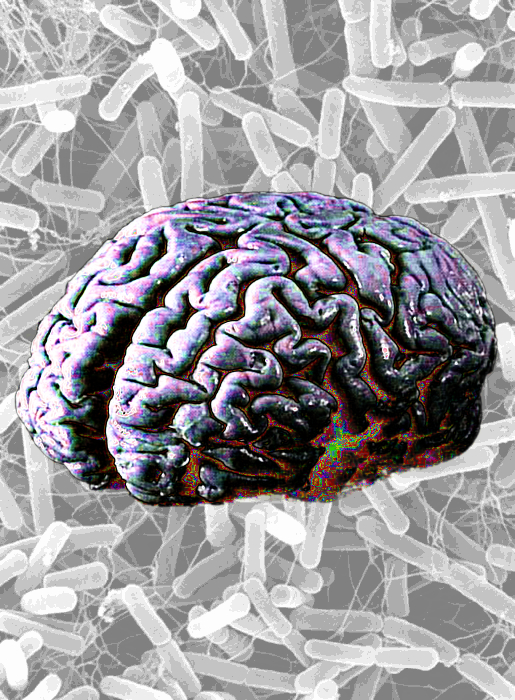Mucus adds to gut-brain link
 Researchers have discovered a new battleground in the fight to treat brain disorders – gut mucus.
Researchers have discovered a new battleground in the fight to treat brain disorders – gut mucus.
Mucus is the first line of defence against bad bacteria in the gut, but the new study shows it could also be part of the body’s defence against diseases of the brain.
Bacterial imbalance in the gut is linked with Alzheimer’s disease, autism and other brain disorders, yet the exact causes are unclear.
Now a new research review of 113 neurological, gut and microbiology studies led by RMIT University suggests a common thread – changes in gut mucus.
Experts say these changes could be contributing to bacterial imbalance and exacerbating the core symptoms of neurological diseases.
The review reveals that people with autism, Parkinson’s disease, Alzheimer’s and Multiple Sclerosis have different types of bacteria in their gut mucus compared with healthy people, and different amounts of good and bad bacteria.
It is a new gut-brain connection that opens up fresh avenues for scientists to explore as they search for ways to better treat disorders of the brain by targeting the ‘second brain’ – the gut.
Gut mucus is different depending on where it is found in the gastrointestinal tract - in the small intestine it is more porous so nutrients from food can be easily absorbed, while in the colon, the mucus is thick and should be impenetrable to bacteria.
The mucus is full of peptides that kill bacteria, especially in the small intestine, but it can also act as an energy source, feeding some of the bacteria that live inside it.
It has recently been discovered that brain disorders can affect neurons in the gut. For example, researchers have shown that neurons in both the brain and the gut nervous systems are affected in autism.
The new review suggests that reduced gut mucus protection may make patients with neurological diseases more susceptible to gastrointestinal problems.
Researchers say that if they can understand the role that gut mucus plays in brain disease, they can try to develop treatments that harness this precise part of the gut-brain axis.








 Print
Print